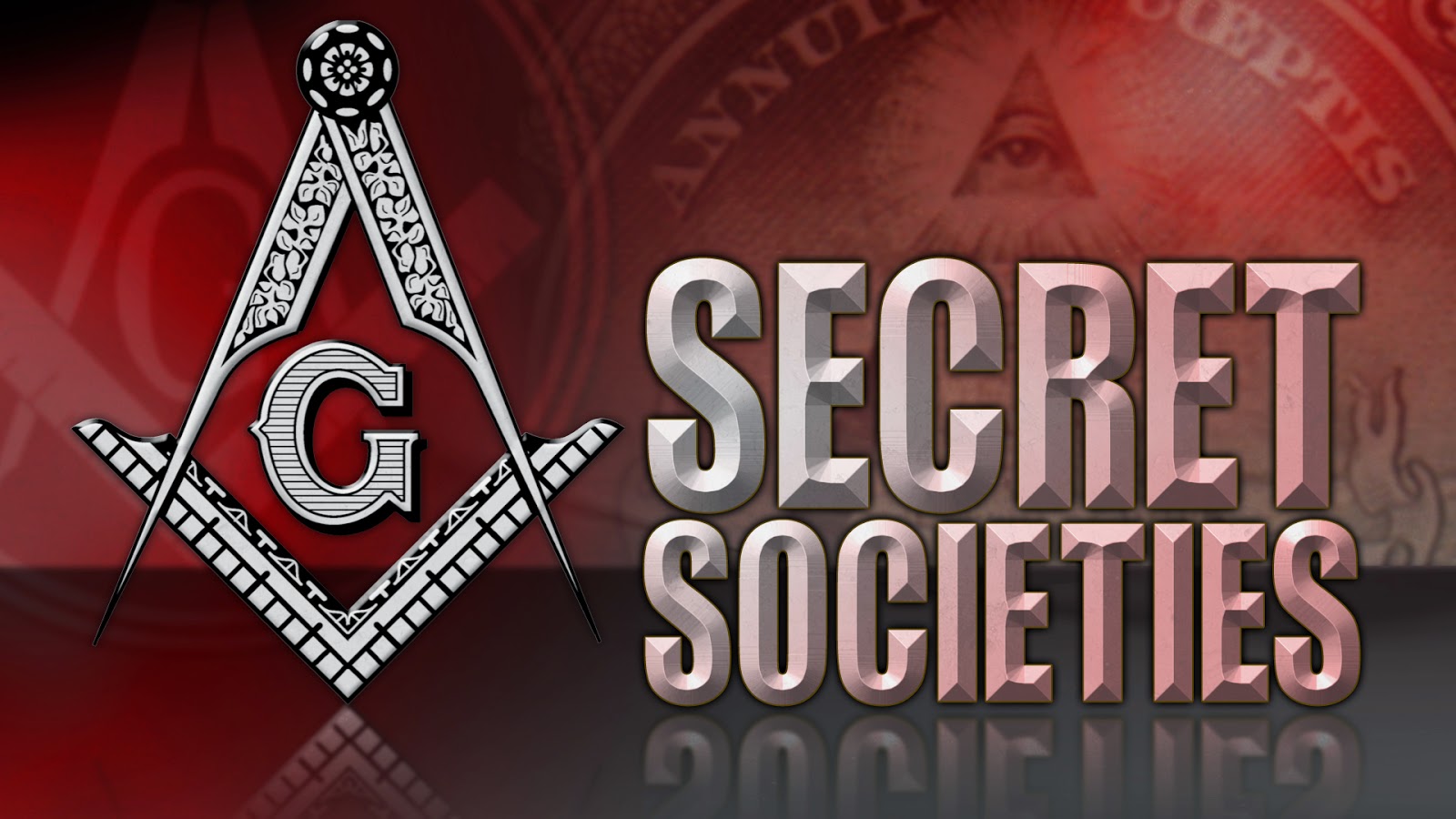Secret societies have always sparked curiosity and intrigue. These hidden groups often operate behind closed doors, leading to countless theories and stories. From ancient times to modern days, secret societies have played a role in shaping history. In this article, we will explore eight of the most notorious secret societies and uncover their mysteries.
1. The Freemasons
The Freemasons are perhaps the most famous secret society in the world. Founded in the late 16th century, this group promotes moral and ethical behavior among its members. Freemasonry is known for its symbols, such as the square and compass. Members often meet in lodges and participate in rituals. Despite being secretive, the Freemasons have a significant influence on society, with many prominent figures among their ranks.
2. The Illuminati
The Illuminati is a name that evokes mystery and conspiracy. Originally formed in 1776 in Bavaria, this group aimed to promote Enlightenment ideals. However, it was disbanded in the late 18th century. Today, the term “Illuminati” is often used to describe various conspiracy theories about powerful elites controlling world events. Many believe that the Illuminati still exists, pulling strings behind the scenes.
3. Skull and Bones
Skull and Bones is a secret society at Yale University, founded in 1832. This group is known for its exclusive membership, which includes many influential politicians and business leaders. Members are often referred to as “Bonesmen.” The society’s rituals and meetings are shrouded in secrecy, leading to speculation about its influence on American politics.
4. The Rosicrucians
The Rosicrucians are a mystical organization that dates back to the early 17th century. They claim to possess secret knowledge about the universe and spiritual enlightenment. The Rosicrucian teachings combine elements of mysticism, alchemy, and philosophy. Their symbols, such as the rose and cross, represent the quest for knowledge and truth.
5. The Bilderberg Group
The Bilderberg Group is a gathering of influential figures from Europe and North America. Founded in 1954, this group meets annually to discuss global issues. The meetings are closed to the public and the press, leading to speculation about their agenda. Critics argue that the Bilderberg Group wields too much power over world affairs.
6. The Order of the Eastern Star
The Order of the Eastern Star is a Masonic-affiliated organization that includes both men and women. Founded in the mid-19th century, it aims to promote charity and community service. Members participate in rituals and ceremonies, often based on biblical stories. While not as secretive as other societies, the Order still maintains a level of privacy.
7. The Knights Templar
The Knights Templar were a medieval Christian military order founded in the 12th century. They gained fame for their role in the Crusades and amassed great wealth. The Templars were disbanded in the early 14th century, but their legacy lives on. Many conspiracy theories suggest that they still exist today, guarding ancient secrets.
8. The Thule Society
The Thule Society was a German occult group founded in the early 20th century. It is often associated with the rise of the Nazi Party. The society focused on Aryan supremacy and mystical beliefs. Although it was disbanded after World War I, its influence on Nazi ideology remains a topic of debate.
The Allure of Secret Societies
Why are secret societies so fascinating? They represent the unknown and the hidden aspects of power. People are drawn to the idea that a select few hold knowledge or influence over the masses. This allure fuels conspiracy theories and speculation.
FAQs About Secret Societies
What is a secret society?
A secret society is a group that operates privately, often with exclusive membership and hidden agendas.
Are secret societies real?
Yes, many secret societies exist, though their influence and activities can vary widely.
What do members of secret societies do?
Members often participate in rituals, discussions, and networking, focusing on shared beliefs or goals.
How do secret societies recruit members?
Recruitment methods vary, but many societies rely on personal connections and recommendations.
What is the purpose of secret societies?
Purposes can range from promoting social causes to seeking power and influence in politics or business.
Conclusion
Secret societies continue to intrigue and mystify us. From the Freemasons to the Illuminati, these groups have left their mark on history. While some

